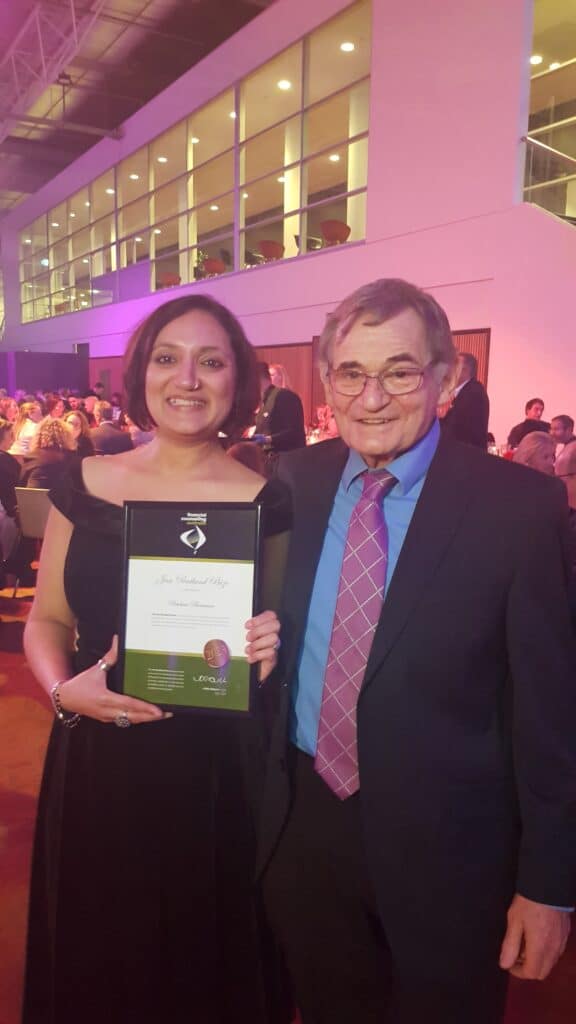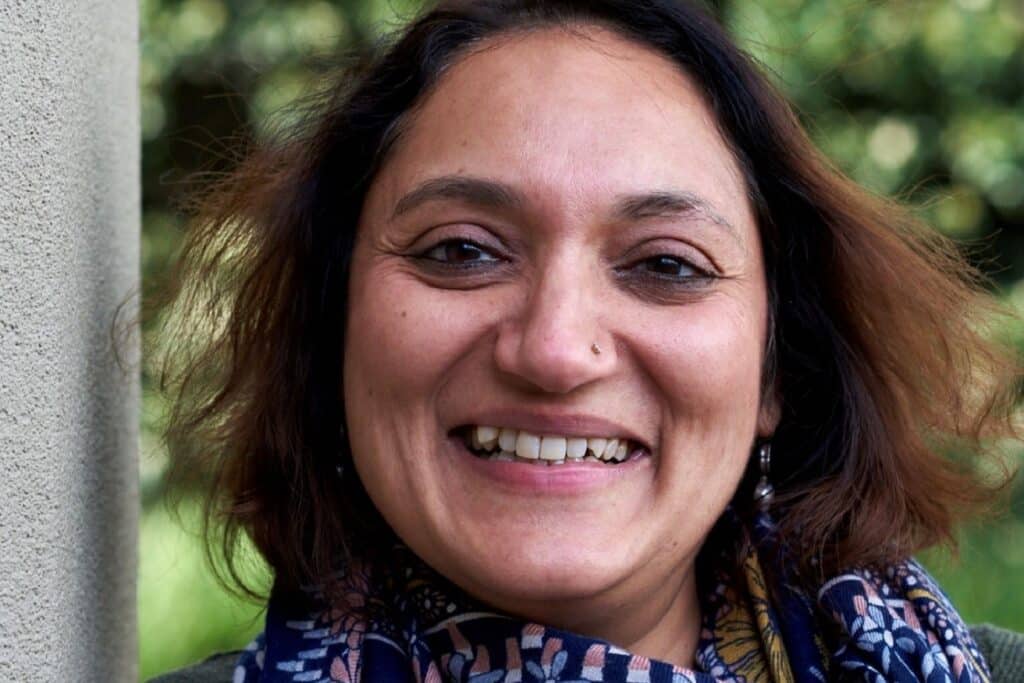It all began 21 years ago when I arrived in Australia as an international student, excited to start a new chapter in my life. However, I quickly found myself lost and confused, with no idea how to navigate the financial system. I remember standing outside the bank branch with my ATM card in hand, just one of the many financial challenges I faced as a newcomer to this country.
To make matters worse, I had “sexually transmitted debt” from my ex-partner, and my credit file was impacted for five years. The fear that I wouldn’t be eligible for permanent residency because of my financial situation was constantly looming over me.
Despite these obstacles, I managed to work through my financial challenges and even began my finance career as a bank teller. But I soon realised I could make a bigger impact as an external advocate for customers, particularly women from culturally diverse backgrounds. That’s when I discovered financial counselling as a way to help refugees and migrants like me who were struggling with financial management in Australia. Using my knowledge of financial services and ability to speak multiple languages, I was able to uplift others and make a positive impact on their lives.
Through my work at South East Community Links, a grassroots community organisation, I witnessed the inequalities and barriers to access in our service systems for refugee and migrant communities. For 30 years, we’ve championed fair and equitable financial services for people facing disadvantage. Every year, we work with approximately 1,000 clients experiencing financial hardship, and one in three of our women clients has experienced financial abuse.
One of my greatest concerns is the lack of information banks provide customers about their rights.
Many migrants and refugees are forced to rely on relatives or friends to help them navigate the system, which can remove their agency and leave them vulnerable to exploitation or abuse, particularly women and the elderly.
If you’re a bank employee and you’re sitting with a customer who doesn’t speak English, how do you know that the family member acting as a translator is conveying what you are saying accurately and appropriately? How do you know that the customer isn’t basing their decision on information that has been tainted by vested interest? How do you know the person translating isn’t saying ‘Sign this or I’ll kill you?’
That’s why I decided to take a seat at the table. In 2018, I had the opportunity to represent our sector as a consumer representative with the Australian Banking Association. It was nerve-wracking sitting at a table full of bank CEOs and executives, questioning my own presence there as a suburban financial counsellor from Springvale.
But what I learned is that there is power in the truth and the stories that you tell at the table. There is power in working together, when everyone listens and is willing to do something about it.

And change did happen. Five years of advocacy and relentlessly holding a mirror to the banking sector has resulted in real systemic change, with the banks adopting our recommendations and ambitions. This includes banks providing customers from a non-English speaking background with interpreters as an issue of access, inclusion and equality. The change was one of 48 recommendations to be supported by the banks in the redraft of the Banking Code of Practice.
In addition, South East Community Links has been working hard to broaden the scope of this advocacy work beyond banks to related sectors including insurance and utility companies. This includes contributing to the Supporting Women’s Financial Safety report which was funded by the Australian Government’s Office for Women. The report provides user-friendly guidance, checklists and principles assisting organisations to prevent financial abuse.
As a not-for-profit organisation, we’ve seen the devastating impacts of financial abuse on women and children. We invested in the development of two videos to increase awareness and drive change. Our client Seyema shared her personal story of horrific family violence and financial abuse, and our talented team of financial counsellors explained financial abuse and the role that financial services organisations can play in preventing and minimising harm.
My contribution to this work has been recognised through the Jan Pentland Award for outstanding achievement in financial counselling and consumer advocacy, but there is still more to be done. We must all take a seat at the table and discuss the role of financial services in creating a better Australia for everyone. There is power in telling our stories and working together to effect change. That’s where gold happens.
This is an extract from Rachna Madaan-Bowman’s speech delivered at the awards ceremony in Canberra on Wednesday the 17th May.


